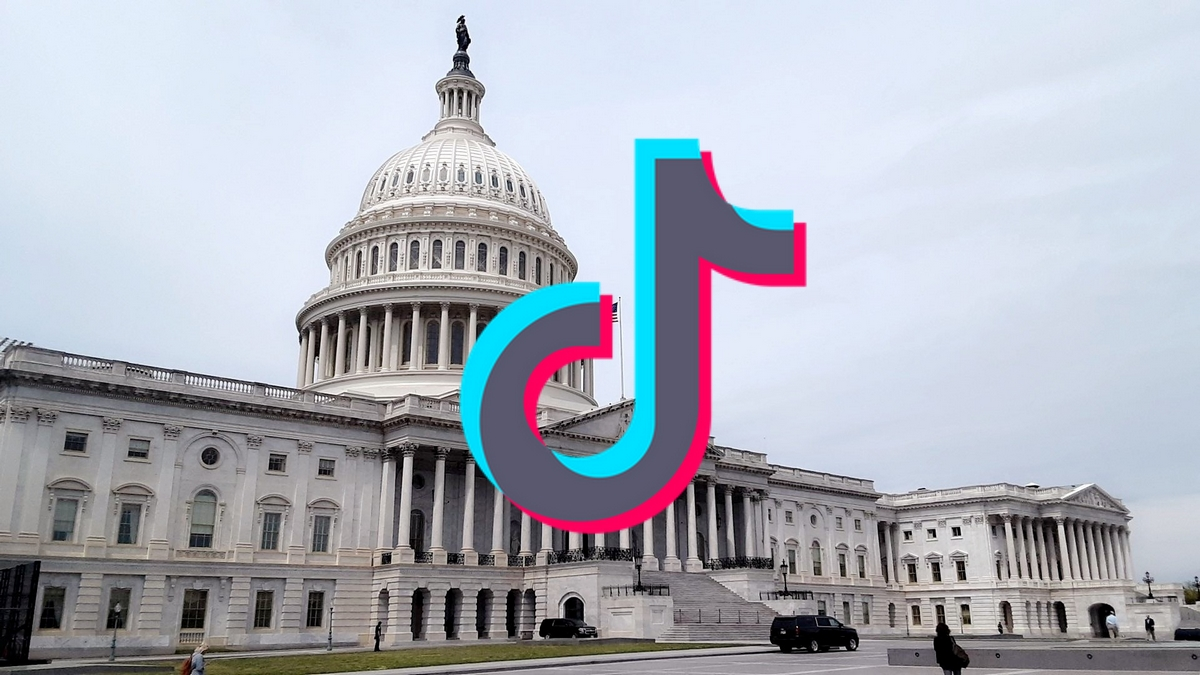Why is TikTok suing the United States?
 Get the Full StoryThe world s most popular social media platform, TikTok, has made a bold and desperate move in hopes of changing its seemingly inevitable fate in the United States.
Get the Full StoryThe world s most popular social media platform, TikTok, has made a bold and desperate move in hopes of changing its seemingly inevitable fate in the United States.Last month, after two years of concerns that TikTok is a threat to U.S. national security, the United States Congress passed a bill to ban the social media platform unless ByteDance the Chinese company that owns the app sells the service. H.R. 7521, called the Protecting Americans from Foreign Adversary Controlled Applications Act, states that Under the bill, a foreign adversary controlled application is directly or indirectly operated by 1 ByteDance, Ltd. or TikTok including subsidiaries or successors that are controlled by a foreign adversary ; or 2 a social media company that is controlled by a foreign adversary and has been determined by the President to present a significant threat to national security.
In immediate response, TikTok CEO Shou Chew took to his platform to suggest that TikTok will fight against the ruling, saying, The facts and the Constitution are on our side and we expect to prevail.
Now, ByteDance has followed through with that promise by filing a lawsuit in the U.S. Court of Appeals in Washington D.C. against the United States government, arguing that the congressional ruling meant to ban TikTok is unconstitutional.
The lawsuit reads, in part:
For the first time in history, Congress has enacted a law that subjects a single, named speech platform to a permanent, nationwide ban and bars every American from participating in a unique online community with more than 1 billion people worldwide.
TikTok also questions the evidence presented by the U.S. government to back their claims that the app poses a significant threat to national security, especially considering that the government, and not TikTok, shoulders the legal burden of proof.
Furthermore, the social media company states that a ban arising from unstated national security concerns does not justify the ban s impediment to free speech. Many TikTok users agree with the company, believing that the ban ruling is an attempt to violate or at least curtail their Constitutional right to free speech.
Additionally, the lawsuit argues that Congress is creating unfair rules exclusively targeting TikTok, while not applying such rules to other social media platforms.
TikTok also suggests that if the ban were to occur, then it will only serve to silence millions of Americans who use the app. The Act law will force a shutdown of TikTok by January 19, 2025, the lawsuit reads, silencing the 170 million Americans who use the platform to communicate in ways that cannot be replicated elsewhere.
The bill that bans TikTok, or attempts to force its sale, was passed by the Senate on April 23, 2024, and signed into law by President Biden the following day.
Share: